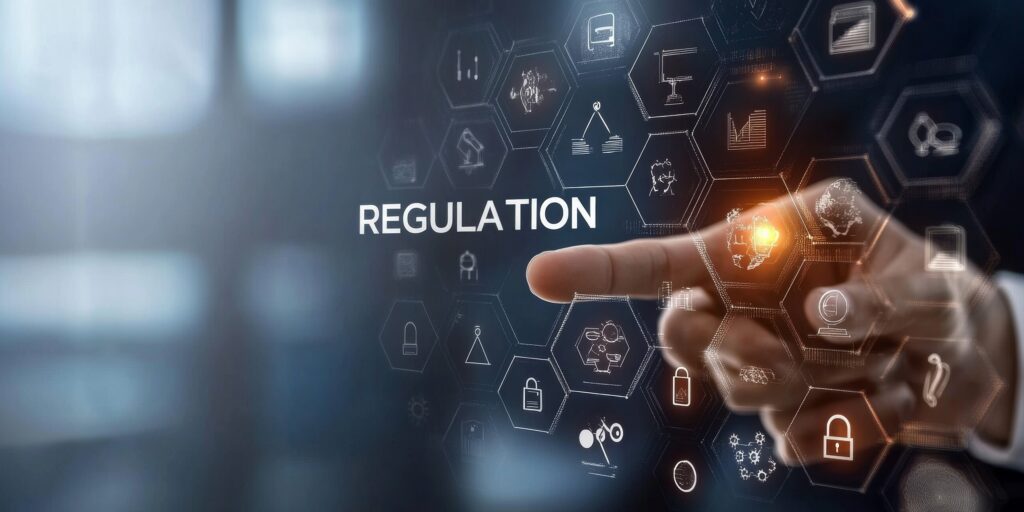NC should pass the ‘Second Chance Act’ to help clear old records and ease hiring
As the legislature returns to Raleigh to address COVID-19, they should consider the “Second Chance Act” as a worthy first step. Second chances for our most vulnerable neighbors matters now, more than ever.
We are in an economic recession, with unemployment at unprecedented levels. Hardworking individuals are struggling to support themselves and their families, as many jobs simply cannot be done remotely. Those with criminal records – one in five North Carolinians – are some of the hardest hit, as employers are often unwilling to interview and hire those with even minor, decades-old records.
On a very basic level, expungements can make it easier to get a professional license, admission to college, and employment, among other things. But more than that, expunging a person’s record is a recognition that no one is the worst thing they have ever done. They also restore dignity by providing a clean start for these individuals. The Second Chance Act, which already unanimously passed through the Senate, would provide much needed expansions to expungement eligibility, as well as automate the process for clearing charges that resulted in a dismissal or not guilty finding.
And the act should be considered directly related to COVID-19 relief.
Giving these individuals a second chance will help them, their families and the economy. Right now, criminal records cost the United States at least $78 billion in gross domestic product every year – North Carolina alone loses over $2 billion. As we try to recover from this pandemic, we don’t have a dollar to waste; all individuals who wish to work should be employed and contributing. Expanding expungement relief will help with that. In fact, a recent research study demonstrated that wages increase by 25 percent following expungement.
Expungements are also linked with extremely low rates of re-offense and increased public safety. This makes sense: those who have had records expunged have demonstrated that they are committed to staying crime-free. Additionally, the expungement opens doors to more employment opportunities, making it less likely that these individuals will resort to crime. That said, it’s important to note that expungements are not “get out of jail free” cards; if someone reoffends, the expunged conviction can still be seen by the courts for sentencing.
Additionally, the Second Chance Act would automate the clearing of non-conviction records. This is an important feature. Expungements––even of non-guilty findings––currently require a petition-based process, which requires filling out applications in-person and going to court. Because of this, many individuals hire an attorney to help them through the process. To automate even one small aspect of expungements will cut down on needless time in court, save money, and lessen the burden on the courts. During a pandemic the process is more vital than ever to help to keep North Carolinians safe.
In the midst of COVID-19, the one state that was able to continue expungements was Pennsylvania, where legislation was passed that would automate record clearances in 2018. Despite the pandemic, a stay-at-home order, and the closures of the courts, 2.8 million cases were sealed this past March. By passing the Second Chance Act and automatically clearing dismissals and acquittals, North Carolina will be able to limit some in-person activity in courts, while ensuring these clearances continue to occur despite uncertainty regarding court closures in the future.
Already passed in the Senate, the Second Chance Act has an opportunity to pass in the House now, where it has overwhelming bipartisan support.
Unfortunately, the bill has been stalled. But American citizens who are directly impacted by this issue can’t wait, and times are more desperate than ever. As policymakers contemplate how to help North Carolina recover from this pandemic, the Second Chance Act is a perfect place to start.








